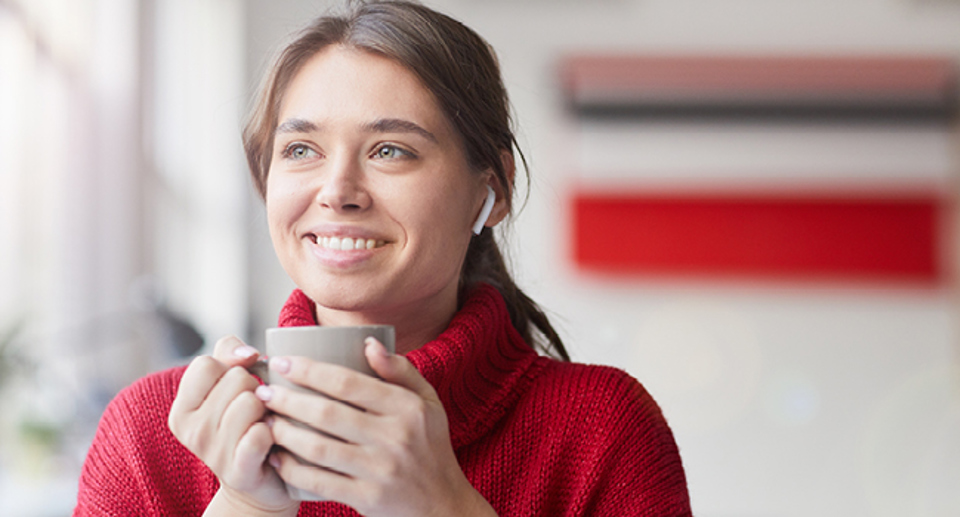Electricity prices the biggest challenge
For AAU, heating prices are relatively stable because a large part of the supply comes from surplus heat from electricity production, waste incineration and production facilities in industry. The greatest economic uncertainty at present is associated with increases in the price of electricity. According to Mogens Juul Møller, we need massive savings on electricity consumption.
- The extreme changes in energy prices are already straining the university's operating budget, and we should expect that the risk of further increases and budget overruns is high. So it is incredibly important that all of us help reduce the university's energy consumption together, says the campus director.
Extraordinary use of AAU's equity
In response to the existing energy and supply crisis, the rector and pro-rector have taken the extraordinary step of allocating ten million kroner of the university's equity to avert the consequences of rising energy prices in 2023.
- This means that there will not be a hiring freeze in 2023 due to the rising energy prices, which several people have asked about, adds Mogens Juul Møller.
In addition, Campus Service has recently been working on mapping a number of possible initiatives in the short, longer and long term. These measures will be discussed at a meeting of the University's Main Joint Consultation Committee on 3 October.
Subsequently, the university proposes involving its own research experts, staff and students in identifying where savings can be made. Campus Service is setting the stage for a major energy saving campaign and encourages staff and students to already be thinking about energy-saving behaviour – for example, turning off lights, screens or equipment when not being used, and sharing facilities such as refrigerators and freezers where possible.
You will be able to read ongoing coverage of energy savings here at AAU Update – and where you can contribute with your ideas.
Find inspiration for energy savings on the Danish Energy Agency's website (in Danish)
